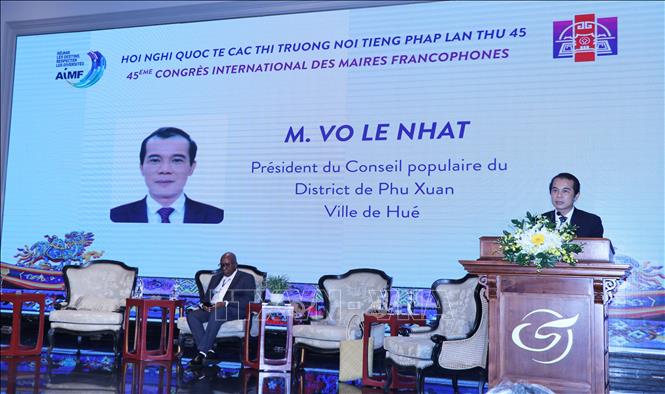
Mr. Vo Le Nhat, Secretary of Phu Xuan District Party Committee, Hue City, spoke at the workshop. Photo: Tuong Vi/VNA
In his opening speech, Secretary of Phu Xuan District Party Committee (Hue City) Vo Le Nhat stated that cultural heritage is not only a bridge between the past and the present, but also a foundation for building identity, creating pride and promoting community cohesion. Heritage tourism has helped spread cultural values, raising public awareness of heritage conservation and promotion. However, uncontrolled tourism development also poses many risks such as destination overload, heritage commercialization, decline in indigenous cultural values and negative impacts on the natural environment. Therefore, sustainable tourism - focusing on heritage conservation and local communities - needs to become a consistent principle throughout the development process. According to Mr. Vo Le Nhat, Hue City is developing many bilateral cooperation projects with French-speaking cities, focusing on heritage conservation issues. The workshop is an opportunity for mayors and international experts to share their experiences and visions on this issue as well as sustainable tourism development for Hue city - the host of National Tourism Year 2025.
At the workshop, delegates exchanged many opinions around the big, urgent questions to exploit heritage values to serve economic development without harming the nature and spirit of heritage; tourism becomes a driving force for conservation, instead of becoming the cause of its decline; developing heritage tourism associated with environmental protection, preserving identity and promoting active community participation.
A number of experts, researchers, policy makers and businesses introduced successful models and lessons from practice while pointing out remaining challenges to propose solutions to balance conservation and development; innovate heritage management models; apply digital technology in introducing and preserving heritage; build creative tourism products that respect cultural identity and nature.
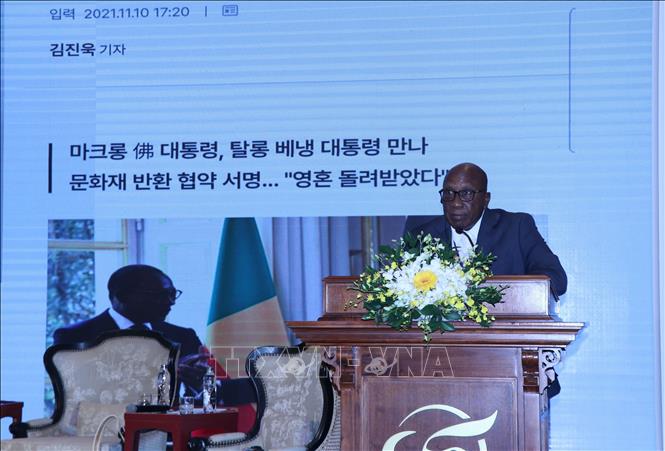
Delegates speaking at the workshop. Photo: Tuong Vi/VNA
Dakar Deputy Mayor in charge of cooperation (Senegal) Mme Khady Niang shared that the island of Gorée has a strong historical mark on the local people as well as tourists with the remains of the slave prison. The prison contains painful traces in the country's history but at the same time is a symbol of hope for the future. The government's responsibility is to build a collective identity that connects the past and the future; find ways to incorporate memories into the educational program so that students understand tolerance, racism, slavery and how to overcome the difficulties of the past; thereby, transmitting national values and heritage to the next generation.
To promote the value of slave prisons, castles, and cemeteries associated with history, it is necessary to train tour guides who understand history, create automatic guide software that can tell historical stories. In addition, the city often organizes exhibitions and cultural festivals related to the island's memory, using digital tools for easy access for the younger generation. Disseminate heritage through workshop programs, local associations to impart life skills such as crafts, cooking methods... allowing young people to participate in heritage preservation.
Mr. Jacquis Gabriel Kemleu Tchabgou, Mayor of Dschang (Cameroon) said that Dschang is the only historical city in Cameroon that suffered from French colonialism. The Museum of Civilizations in Dschang has become a must-see heritage site for visitors to Cameroon, helping Dschang become a smart city. To preserve heritage and historical memories, Dschang always tries to make the museum come alive by organizing exhibitions of museum documents in Paris (France) to help introduce the tangible and intangible heritages of Cameroon.
Source: https://baotintuc.vn/van-hoa/chuyen-gia-quoc-te-de-xuat-giai-phap-can-bang-giua-bao-ton-va-phat-trien-di-san-20250427194513431.htm


![[Photo] General Secretary attends special art program "Spring of Unification"](https://vphoto.vietnam.vn/thumb/1200x675/vietnam/resource/IMAGE/2025/4/29/e90c8902ae5c4958b79e26b20700a980)
![[Photo] Ho Chi Minh City residents "stay up all night" waiting for the April 30th celebration](https://vphoto.vietnam.vn/thumb/1200x675/vietnam/resource/IMAGE/2025/4/30/560e44ae9dad47669cbc4415766deccf)
![[Photo] Ho Chi Minh City: People are willing to stay up all night to watch the parade](https://vphoto.vietnam.vn/thumb/1200x675/vietnam/resource/IMAGE/2025/4/29/cf71fdfd4d814022ac35377a7f34dfd1)
![[Photo] Nghe An: Bustling atmosphere celebrating the 50th anniversary of Southern Liberation and National Reunification Day](https://vphoto.vietnam.vn/thumb/1200x675/vietnam/resource/IMAGE/2025/4/29/64f2981da7bb4b0eb1940aa64034e6a7)
![[Photo] Hanoi is brightly decorated to celebrate the 50th anniversary of National Reunification Day](https://vphoto.vietnam.vn/thumb/1200x675/vietnam/resource/IMAGE/2025/4/29/ad75eff9e4e14ac2af4e6636843a6b53)
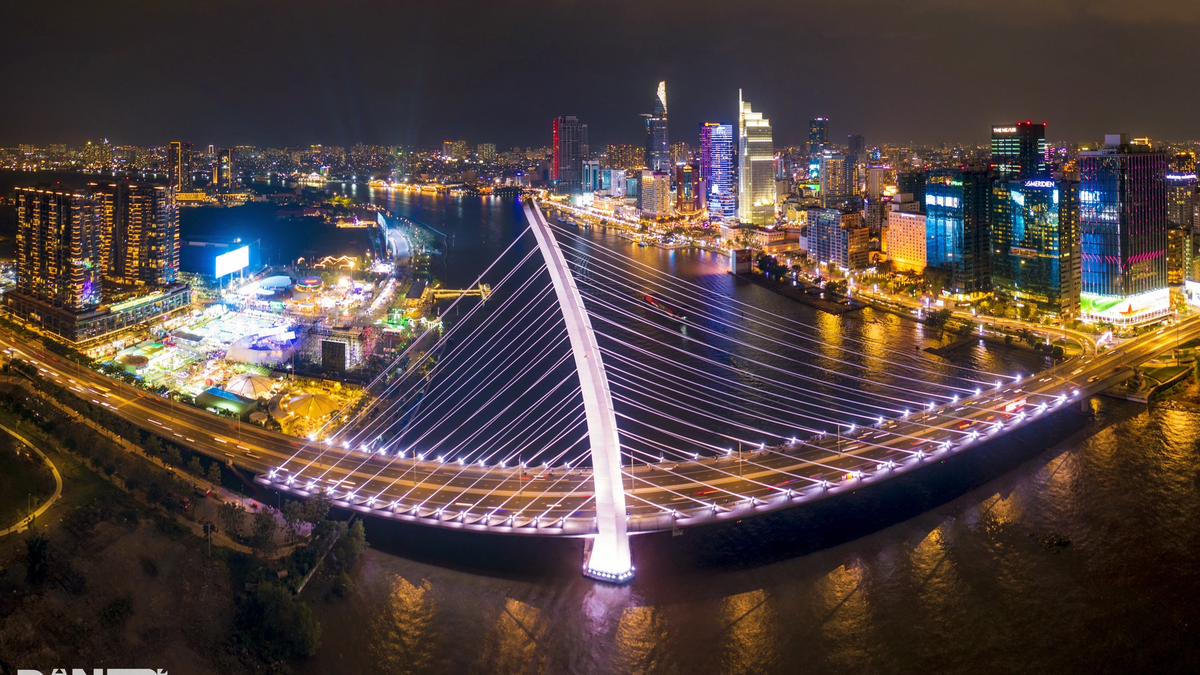


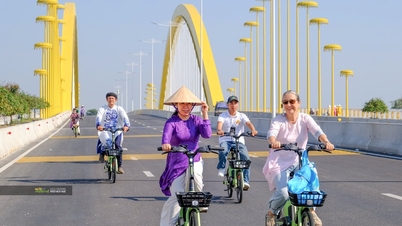

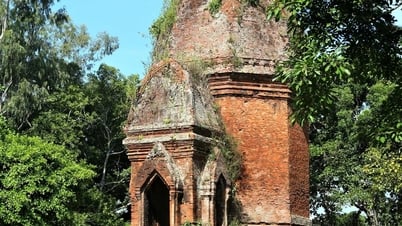



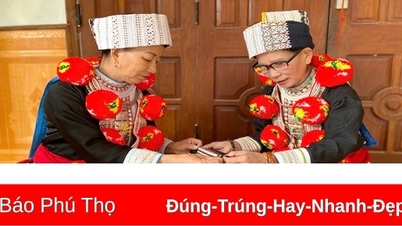
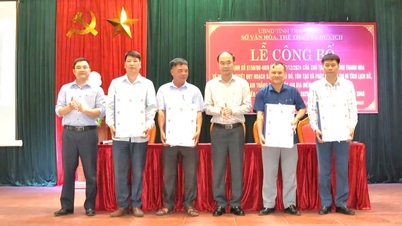





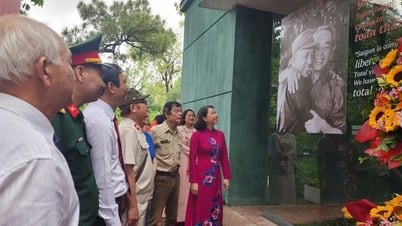





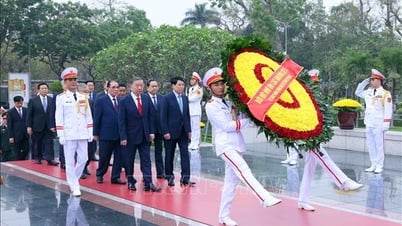
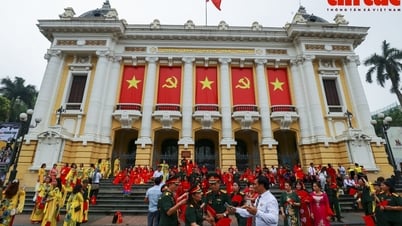


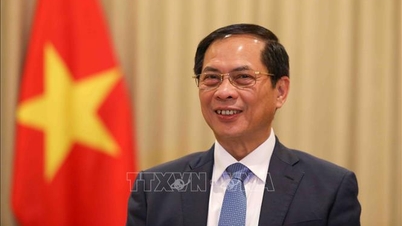
![[Photo] Prime Minister Pham Minh Chinh meets to prepare for negotiations with the United States](https://vphoto.vietnam.vn/thumb/1200x675/vietnam/resource/IMAGE/2025/4/29/76e3106b9a114f37a2905bc41df55f48)






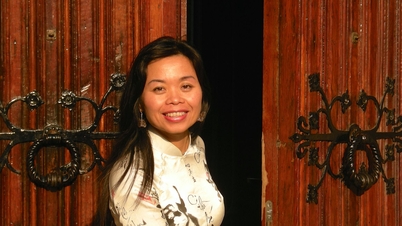



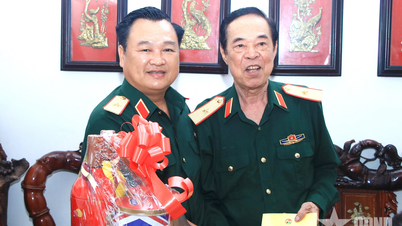











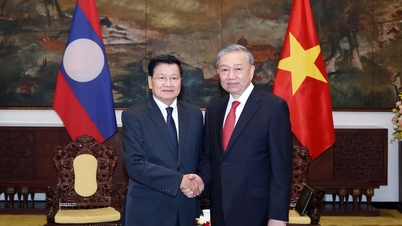

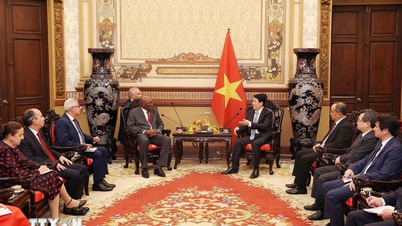
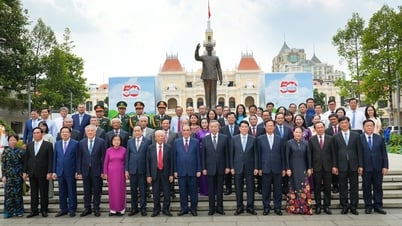






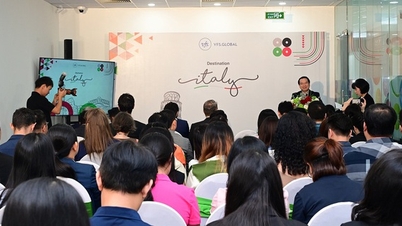

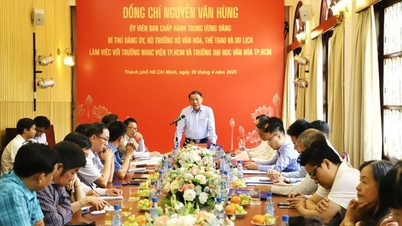
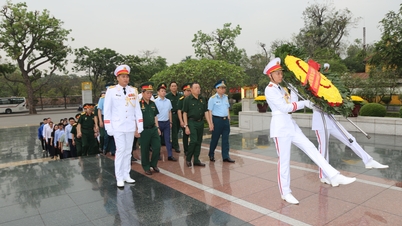























Comment (0)